As we age, our bodies and our eyes begin to change. Sometimes it is hard to distinguish between normal aging and signs of problems that require medical attention. When it comes to eyesight, paying attention to a potential problem and seeking medical attention can often mean the difference between successful treatment and vision loss.
While you can expect some changes in your eyes in vision as you age, such as reduced ability to focus on close objects (presbyopia), reduced night vision, light sensitivity or decreased depth perception, it is always advisable to consult with an optometrist to ensure that your symptoms are normal. Further, while these may be signs and symptoms of the normal aging process, they are often treatable, so there is no reason to live with reduced vision or discomfort. Here are some examples of changes in your eyes or vision that may indicate a more serious problem that requires medical attention from your eye doctor:
Vision changes:
- Hazy, blurred or double vision
- Dark spots in central vision
- Trouble adjusting to darkness
- Excessive sensitivity to light or glare - can even be painful
- Seeing spots or floaters
- Sudden difficulty focusing
- Distorted or wavy vision
Eye Changes:
- Red, crusty or swollen eyelids
- Recurrent pain in or around the eyes
- Change in the color of the iris
- Dry, itching or burning eyes
- Excessive tearing
- White spots in the pupil of the eye
Symptoms that require urgent medical treatment - If you experience these symptoms, seek medical assistance immediately:
- Sudden, sharp eye pain
- Loss of peripheral (or side) vision
- Flashes of light or bright floating spots
- Sudden loss of vision or hazy or blurred vision
- Black spots in the field of vision
- Seeing rainbows or halos surrounding lights
- Appearance of a “curtain coming down” over one eye or floating “spider webs”
Even if you experience no signs or symptoms of eye or vision problems, it is important to have regular comprehensive eye exams, particularly if you are at risk of eye disease or if you have chronic conditions such as diabetes or high blood pressure. Early detection and treatment could save your eyesight.
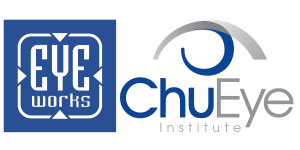


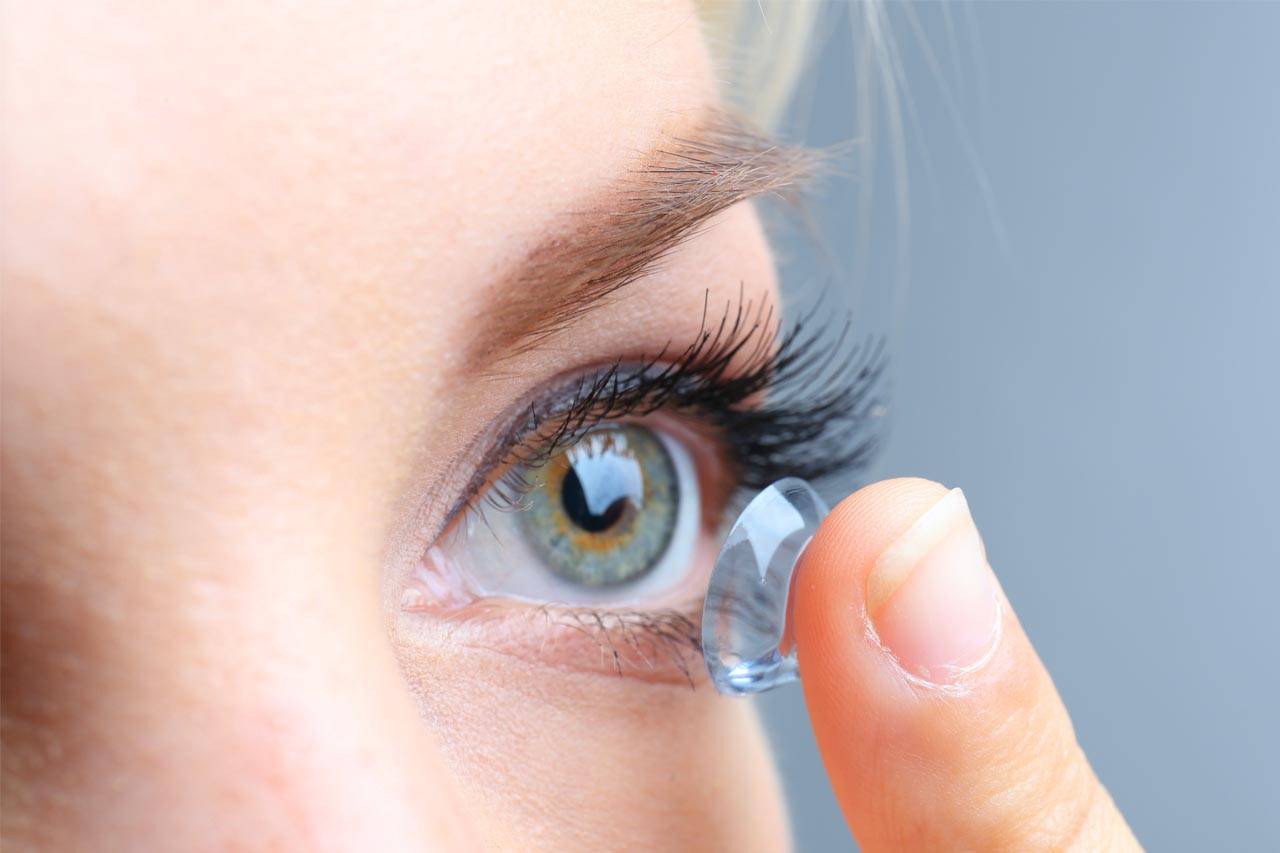
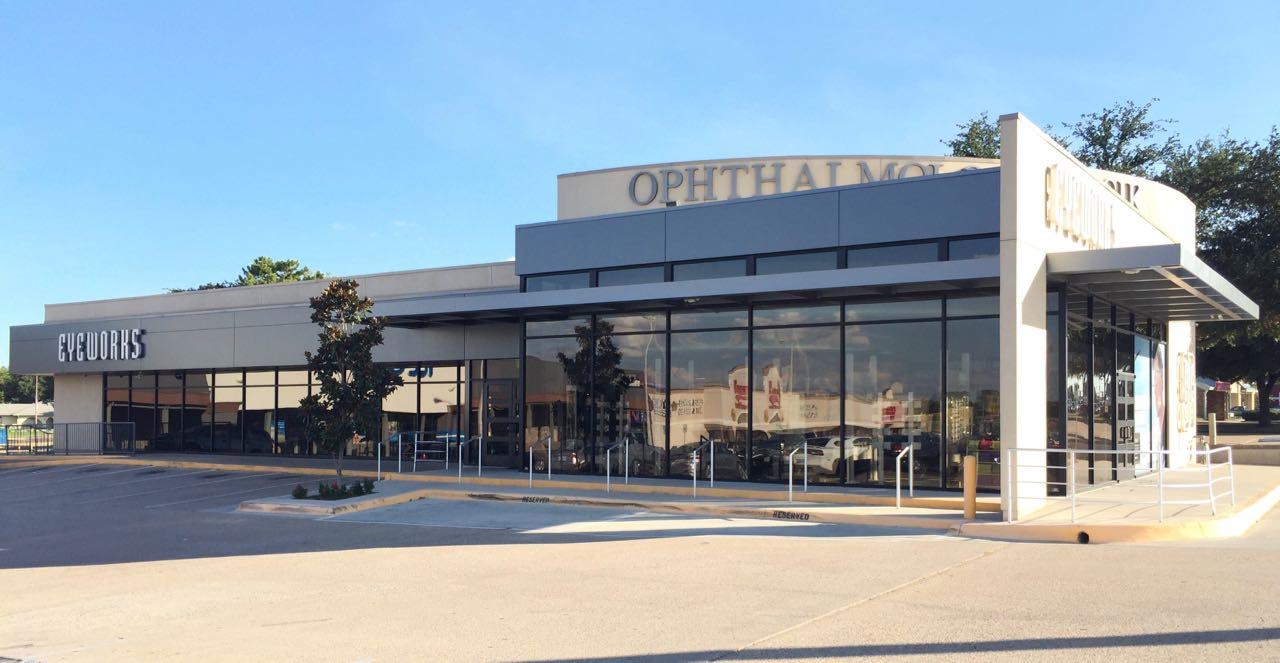
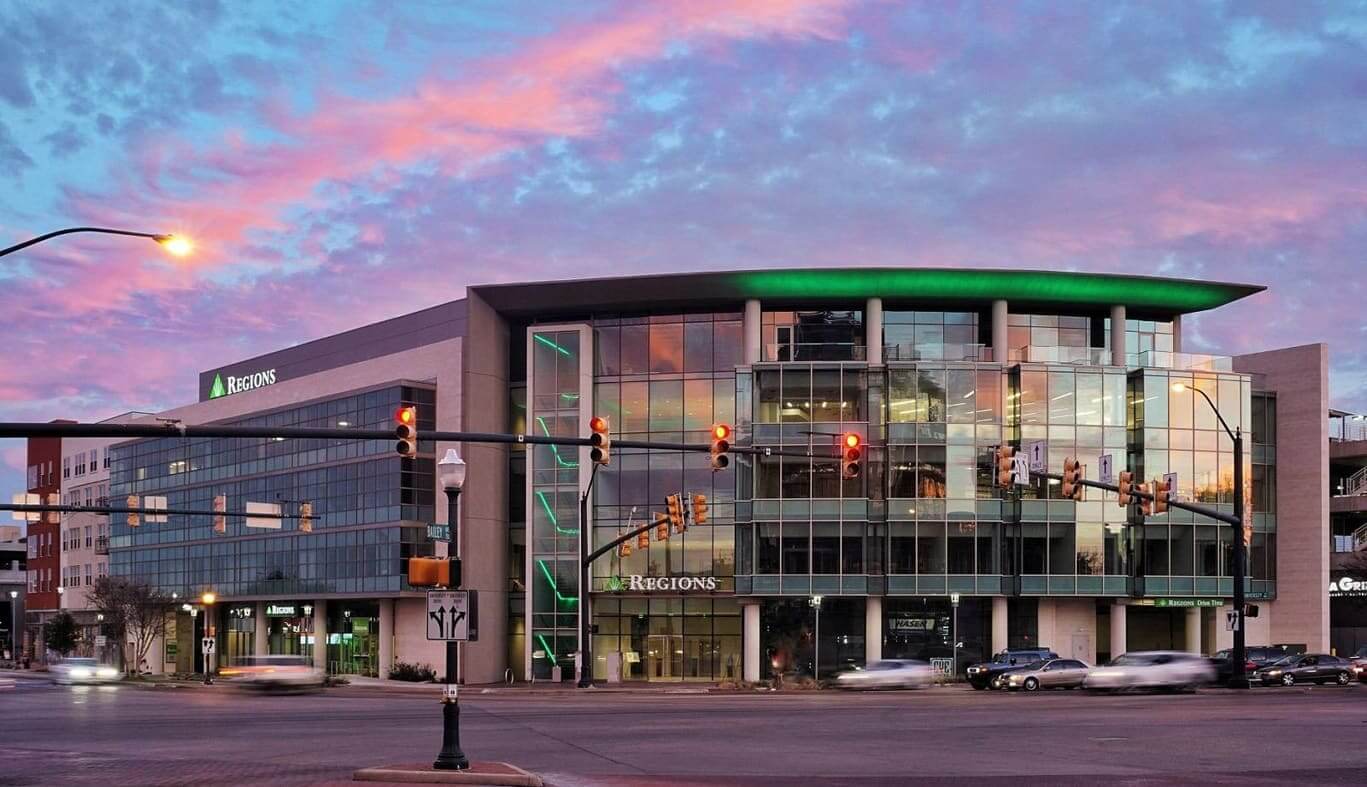
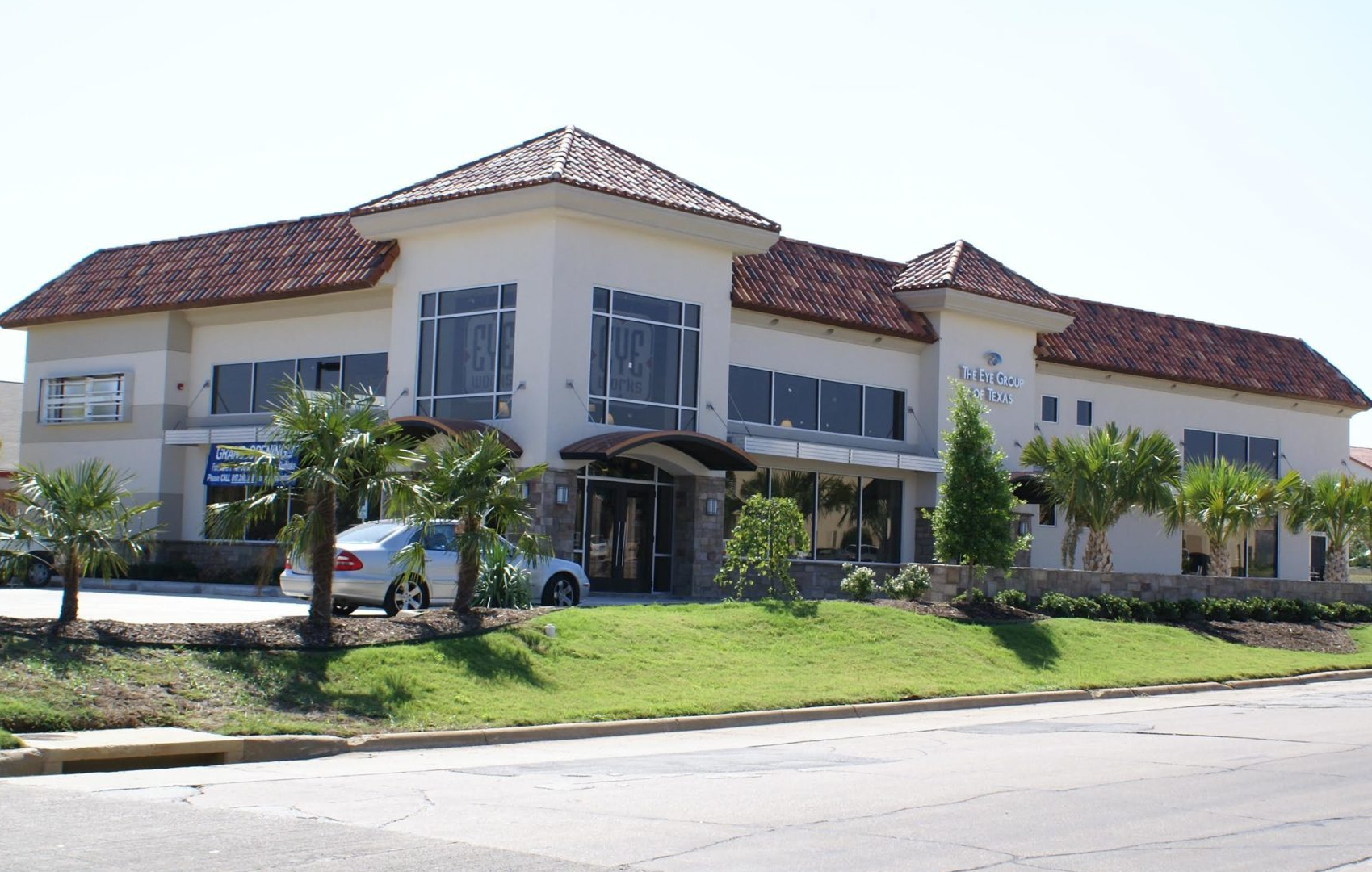
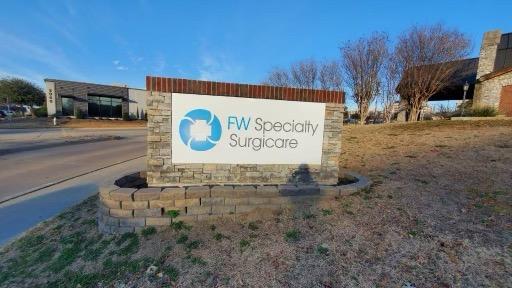
Leave a Reply